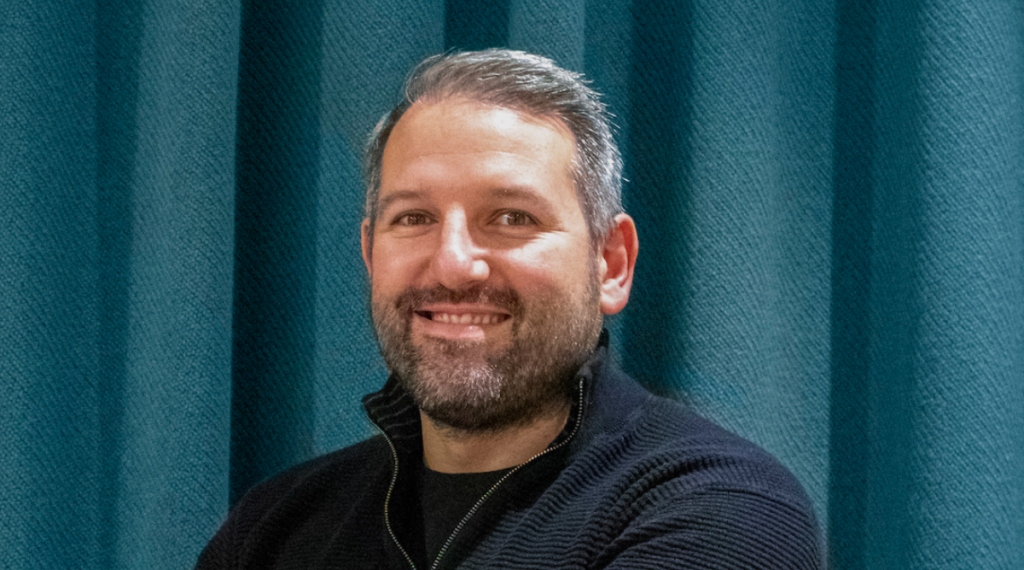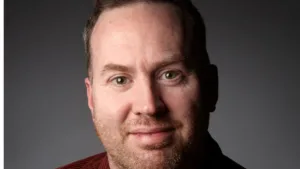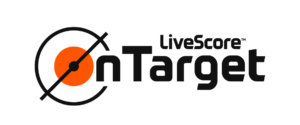Andrew Elia, MD, Arishi has a career spanning two decades and worked with M&S to produce the first retail VR experience, with publishers on AR solutions for advertisers (which became part of Ogilvy’s Digital Innovation Lab) and with the team that created the tech solution that led to the development of Google Glass.
Who is your digital hero?
Jay Miner.
What has he done to win hero status in your eyes?
In 1982, Jay built a team to develop what eventually became the Amiga computer, which was an extremely successful home computer in the 1990s. The focus was bringing creativity and technology together in a way that had not been done before and it was truly ground breaking.
How has his heroism helped drive digital?
The Amiga provided a cost effective and easy-to-use platform to build innovative and unseen levels of creativity in digital platforms, inspiring a whole generation of programmers and, arguably, one of the contributors to making the UK a globally respected destination for games and digital creative.
Today, there are still many people across the industry who fondly remember what they did and games they built or played on an Amiga, and it still continues to influence creative technology ideas even now.
What are the biggest challenges in digital we need another hero to solve?
There needs to be a greater understanding across all parts of digital delivery. The majority of agencies, however “blended” they claim to be are almost always design-led.
The majority of consulting companies which have come late to the party are almost always technology or even vendor-led. Neither of these are really in a client’s best interests.
A hero will understand each of these areas holistically and come up with a solution that works for everyone.
In the same way that Jay Miner’s vision was to use technology to be the hub for creativity, that understanding and collaboration between all disciplines achieves the most inspiring results. We need people who can challenge the current norm and think holistically about the industry.
What is your most heroic personal achievement so far in digital?
In 2007 (before Apple launched the iPhone and there was no such thing as social media), we were approached by a TV production company to build a new kind of website for them involving video. Properly integrated video was still a very new concept at the time, and Flash 8 had just been released. Adobe told us that what the client wanted wasn’t possible, but my team did its own research and concluded that it was.
My lead developer had never written a line of Flash code in his life but undertook this task and developed a framework through which we could integrate video and our own content management technology. A fusion of creativity and tech.
We had to work to tight timelines, having to deliver the whole project in twelve weeks. We started interleaving the development with the filming and post production of the video components, swapping out storyboards with animatics with the real assets as they came in.
We showed this to Adobe which stuck with their original stance of it not being feasible. We proved them wrong and they flew two senior product managers over from the US just to understand what we did.
That was a proud moment.









